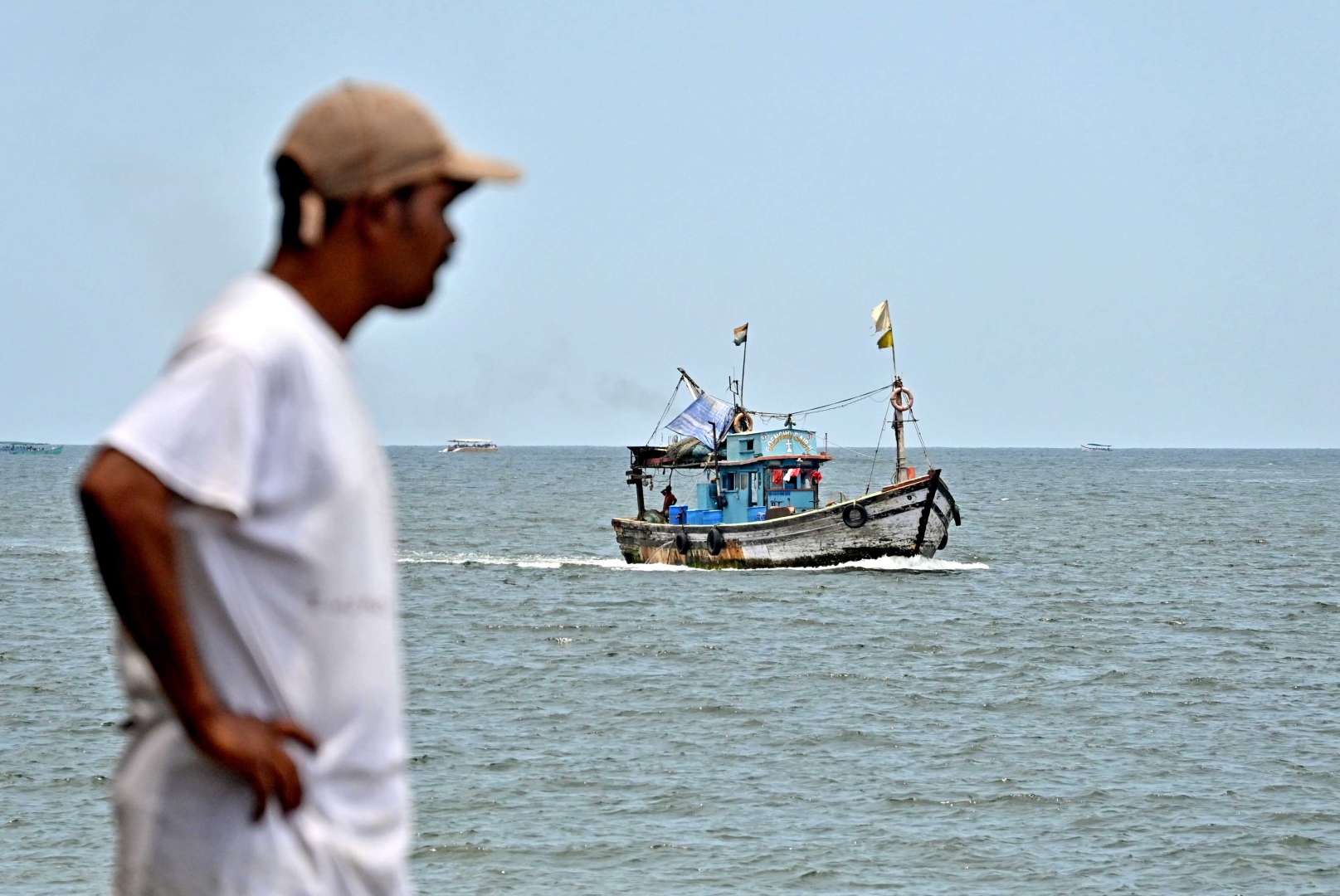
There are concerns that the Centre might sideline the State in river-related affairs.
Photo Credits: The Goan
PANAJI
Amidst heated discussion over the Inland Waterways Authority of India (IWAI) allegedly bypassing the Goa government to approve a private jetty at Malim, the Ports Minister’s statement made it clear that the State retains 90 per cent control over its rivers despite nationalisation.
The fresh controversy centred around the IWAI’s portal-generated no-objection certificate (NOC) for the private jetty, has already triggered concerns that the Centre might be sidelining the State in river-related affairs. But a closer look at the Memorandum of Understanding (MoU) signed last June suggests otherwise.
“The river nationalisation comes under the IWAI but 90 per cent of the powers will rest with the State,” Ports Minister Aleixo Sequeira had clarified after returning from a maritime conclave in Delhi where he represented Goa last December. He then reiterated that the MoU spells out in black and white how responsibilities are split between the IWAI and the Ports Administration, Goa.
Sources in Delhi confirmed to The Goan that the NOC uploaded by the IWAI is a general procedural clearance -- a formality that holds no legal weight without follow-up approvals from the Goa government. “The IWAI’s clearance cannot override the State’s rights. The jetty cannot move forward without its permission,” the source revealed.
The MoU itself is categorical as Article 3.2, which lays the foundation of river management in Goa under the national waterways framework, grants sweeping rights to the State.
According to the MoU, the Goa government will propose development projects and the IWAI will finance them only after considering technical, financial, environmental and public sensitivities as flagged by the State.
It further stated that the IWAI must implement projects in consultation with the Goa government; while also the Captain of Ports is free to undertake independent river infrastructure works with State funds, and the revenue will go entirely to the State.
“Rights over water, river beds, river banks, existing river infrastructure and riverine land remain with the Captain of Ports, as before. National waterway status does not limit the State’s rights over minerals or water. Permissions and NOCs for projects on riverbanks rest with the CoP, with IWAI clearance required only for cross structures like bridges or underwater cables,” the MoU further stated.